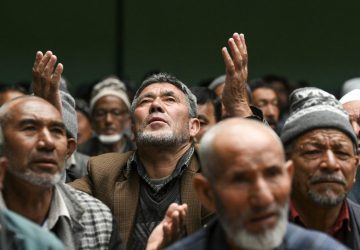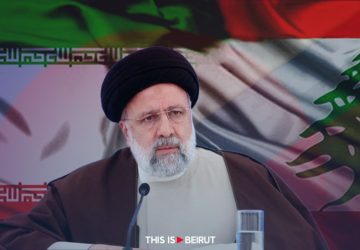Listen to the article
A meticulously negotiated political resolution, under the guidance of the United States, to revert to the strict implementation of UN Security Council Resolution 1701; or a steadily mounting military escalation amplifying the risk of a large-scale conflagration, potentially surpassing the severity witnessed in 2006? For several weeks, the Lebanese people have been living under the looming shadow of the grave alternative, with heavy consequences. However, amidst the accelerated pace of assassinations and the resurgence of Israeli airstrikes and artillery bombardments, the situation seems to tip towards a potential escalation that, for the time being, remains somewhat “controlled.”





